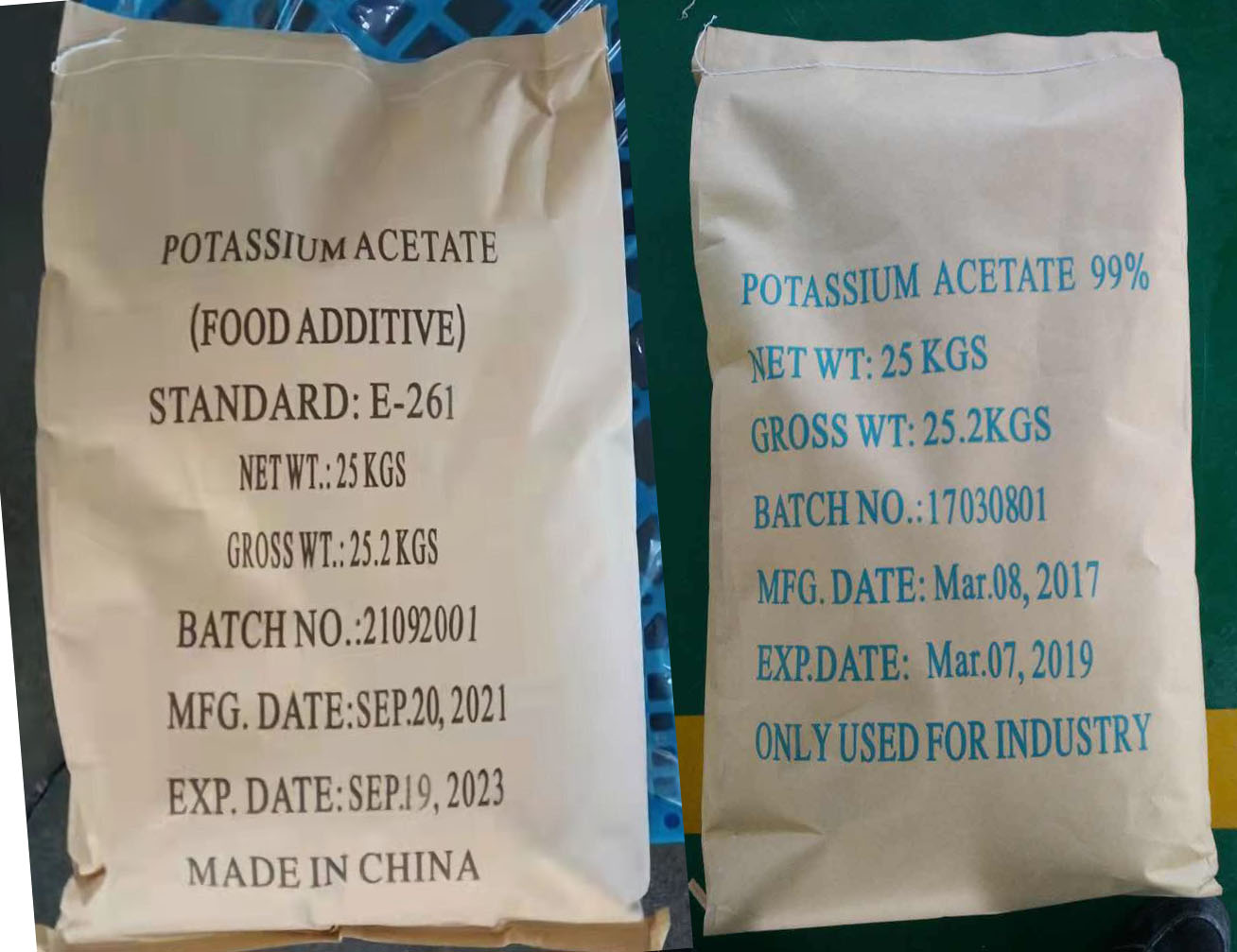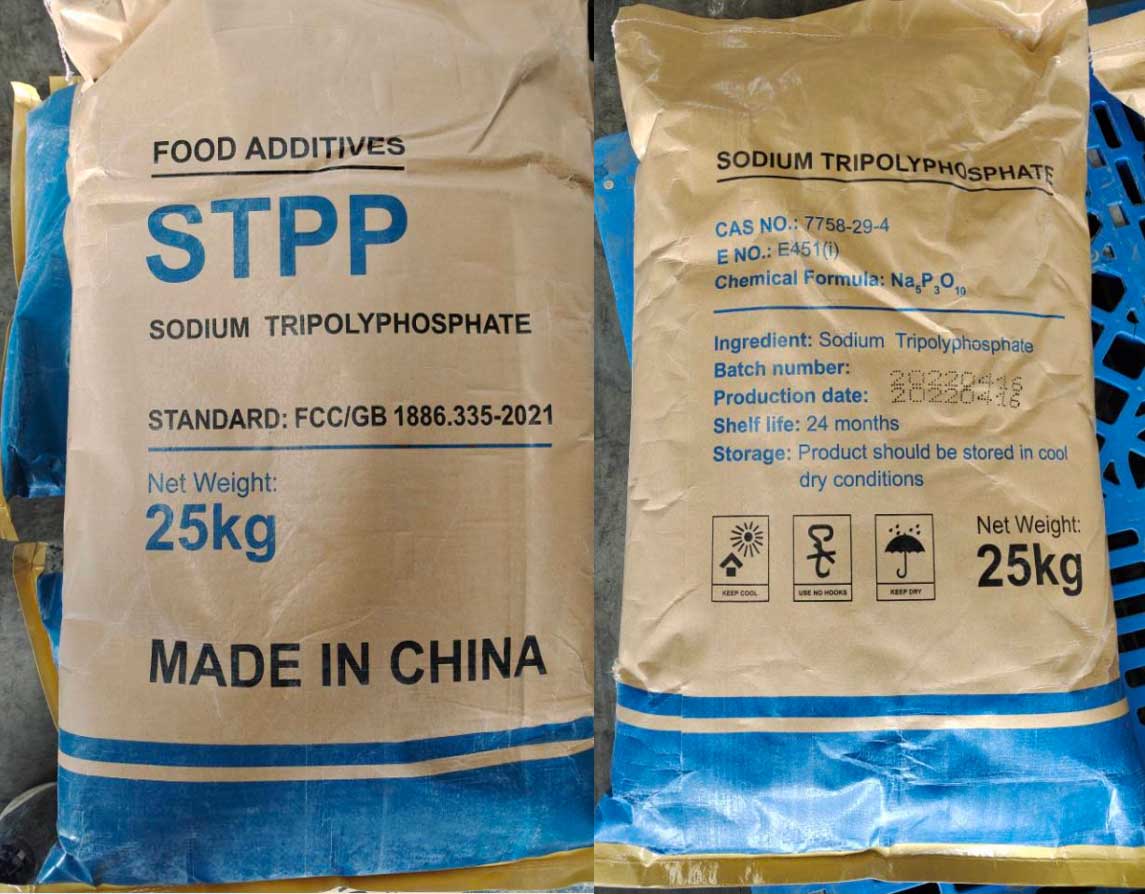Applications and Usage of Disodium Dihydrogen Pyrophosphate (SAPP) in Various Industries
Introduction
Disodium Dihydrogen Pyrophosphate (SAPP) is a widely used leavening acid in the baking industry. It plays a crucial role in controlling the rate of carbon dioxide release when combined with baking soda, ensuring proper leavening and texture in baked goods. Beyond baking, SAPP is used in various industries, including food processing, water treatment, and the pharmaceutical industry. This article explores the various applications of SAPP across different industries and how to use it effectively.
1. Role of SAPP in Baking
SAPP functions as a leavening acid, helping to regulate the release of carbon dioxide in doughs and batters. The controlled gas production is essential for achieving the desired volume, texture, and appearance of baked products.
Controlled Leavening: SAPP ensures that carbon dioxide is released gradually during mixing and baking, preventing premature gas loss and improving product consistency.
Neutralizing Agent: It helps in balancing pH levels in baked goods, ensuring optimal dough performance and flavor.
Enhancing Texture and Structure: By providing controlled leavening, SAPP contributes to uniform crumb structure and better texture in bakery items.
2. Applications of SAPP in Different Industries
SAPP is used in a variety of industries beyond baking due to its chemical properties.
Food Industry: Apart from baking, SAPP is used in processed meats to retain moisture and prevent discoloration. It also helps in preventing potato products from darkening.
Water Treatment: SAPP is used in water softening and as a dispersing agent to prevent scale formation in industrial water systems.
Pharmaceutical Industry: It is used as a buffering agent in medical formulations to maintain pH stability.
Dairy Industry: SAPP can be used in dairy processing to improve the texture and shelf life of cheese and other dairy products.
Seafood Processing: Helps retain moisture and improve texture in frozen seafood products.
3. Types of SAPP: SAPP 15, 28, and 40
Different types of SAPP are classified based on their reaction rates, which influence how they function in baking and other applications.
SAPP 15: This variety has the fastest reaction rate, releasing carbon dioxide quickly when mixed with baking soda. It is ideal for products that require immediate leavening, such as pancakes and instant baked goods.
SAPP 28: With a medium reaction rate, SAPP 28 provides a balanced release of carbon dioxide. It is commonly used in cakes and muffins, ensuring steady leavening throughout baking.
SAPP 40: This type has the slowest reaction rate, making it suitable for products that need gradual leavening, such as frozen or refrigerated doughs.
4. How to Use SAPP in Baking
The effectiveness of SAPP depends on its correct usage in formulations.
Combination with Baking Soda: SAPP is usually mixed with baking soda in a 1:1 ratio or as part of a baking powder formulation.
Proportion in Recipes: Generally, 0.1% to 0.5% of the total flour weight is recommended, depending on the type of baked product.
Mixing Method: It should be evenly dispersed in the dry ingredients before combining with liquids to ensure uniform leavening.
Temperature Sensitivity: Since SAPP reacts with baking soda at different stages of baking, proper temperature control is essential for achieving the best results.
Conclusion
Disodium Dihydrogen Pyrophosphate (SAPP) is an essential ingredient in the baking industry, providing controlled leavening, improving texture, and ensuring consistency in a variety of baked goods. Additionally, SAPP has applications in multiple industries, including food processing, water treatment, and pharmaceuticals. Different types of SAPP—SAPP 15, 28, and 40—offer varying reaction rates, allowing manufacturers to choose the best option for their specific needs. By leveraging SAPP’s benefits, various industries can improve product quality and efficiency in their respective applications.




